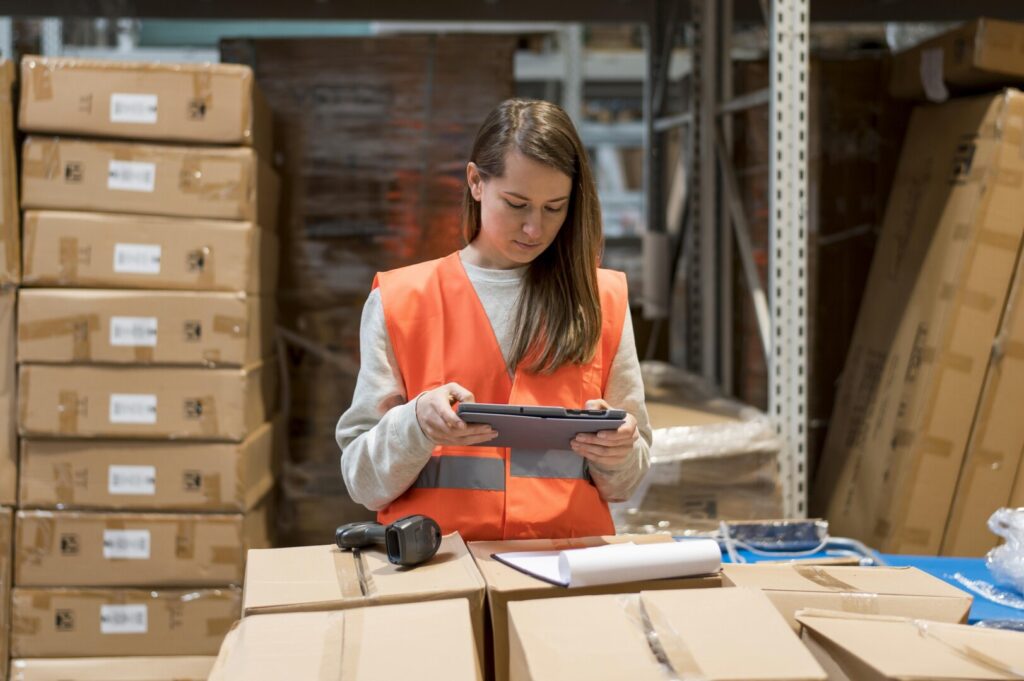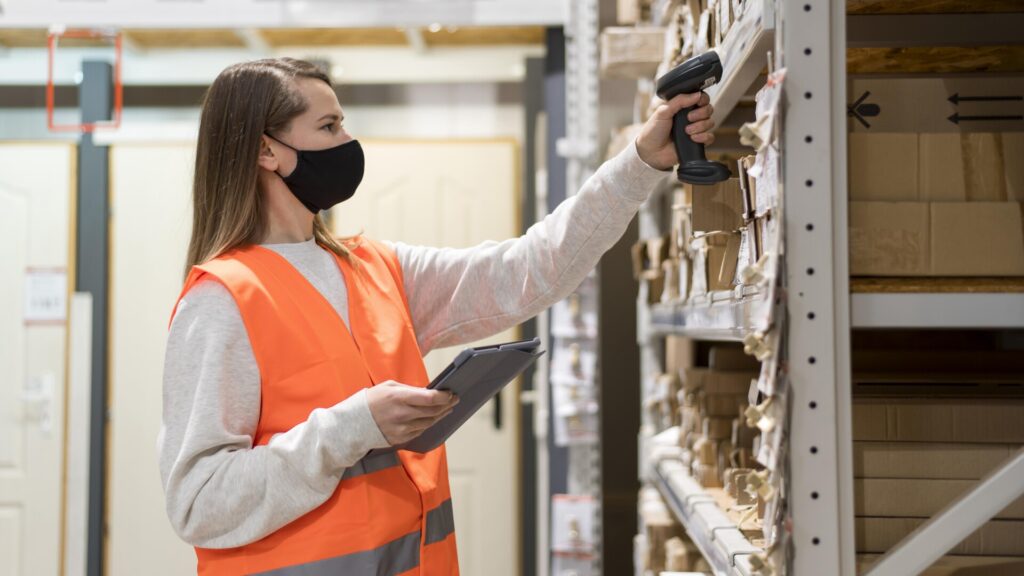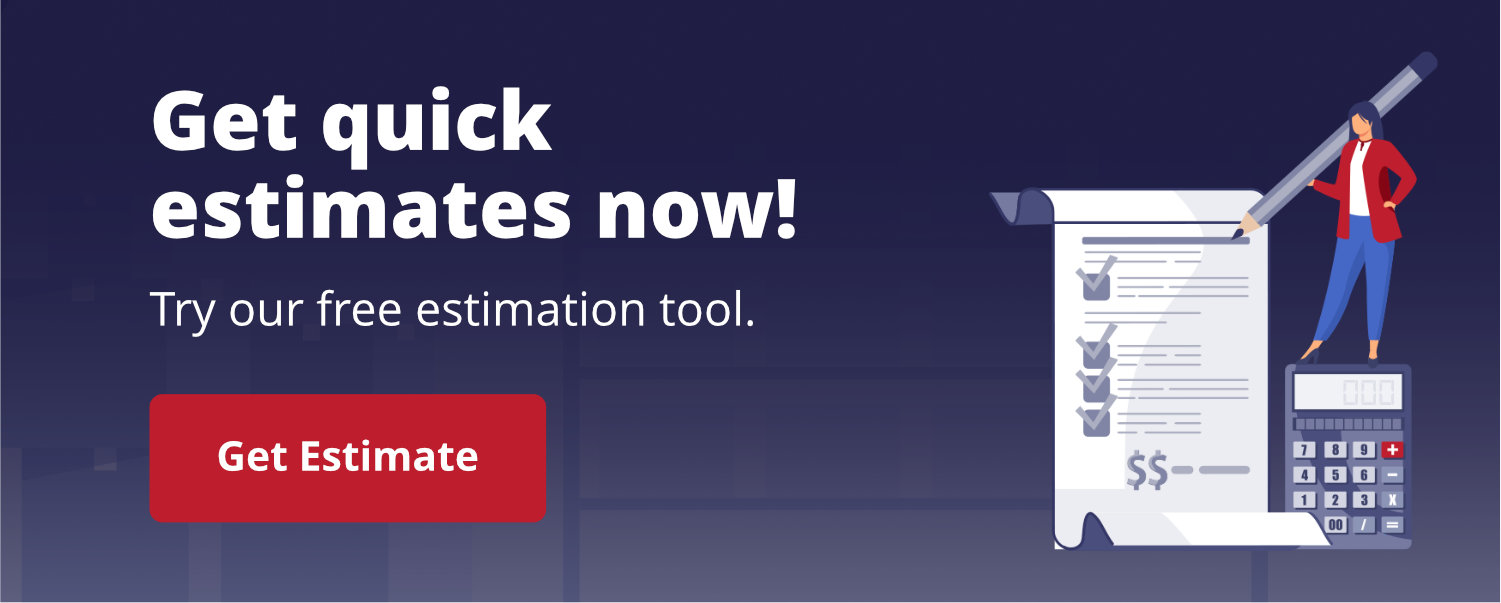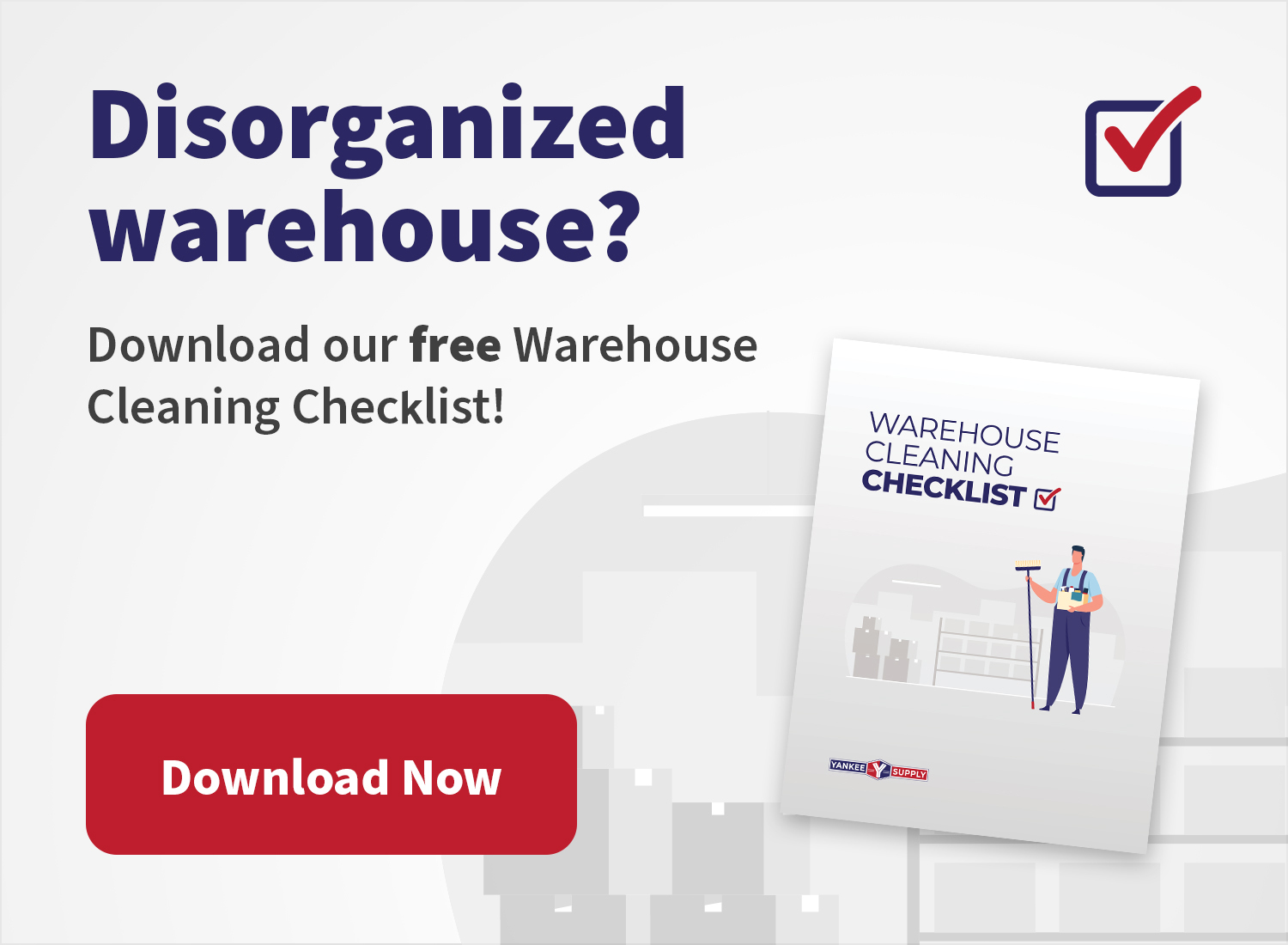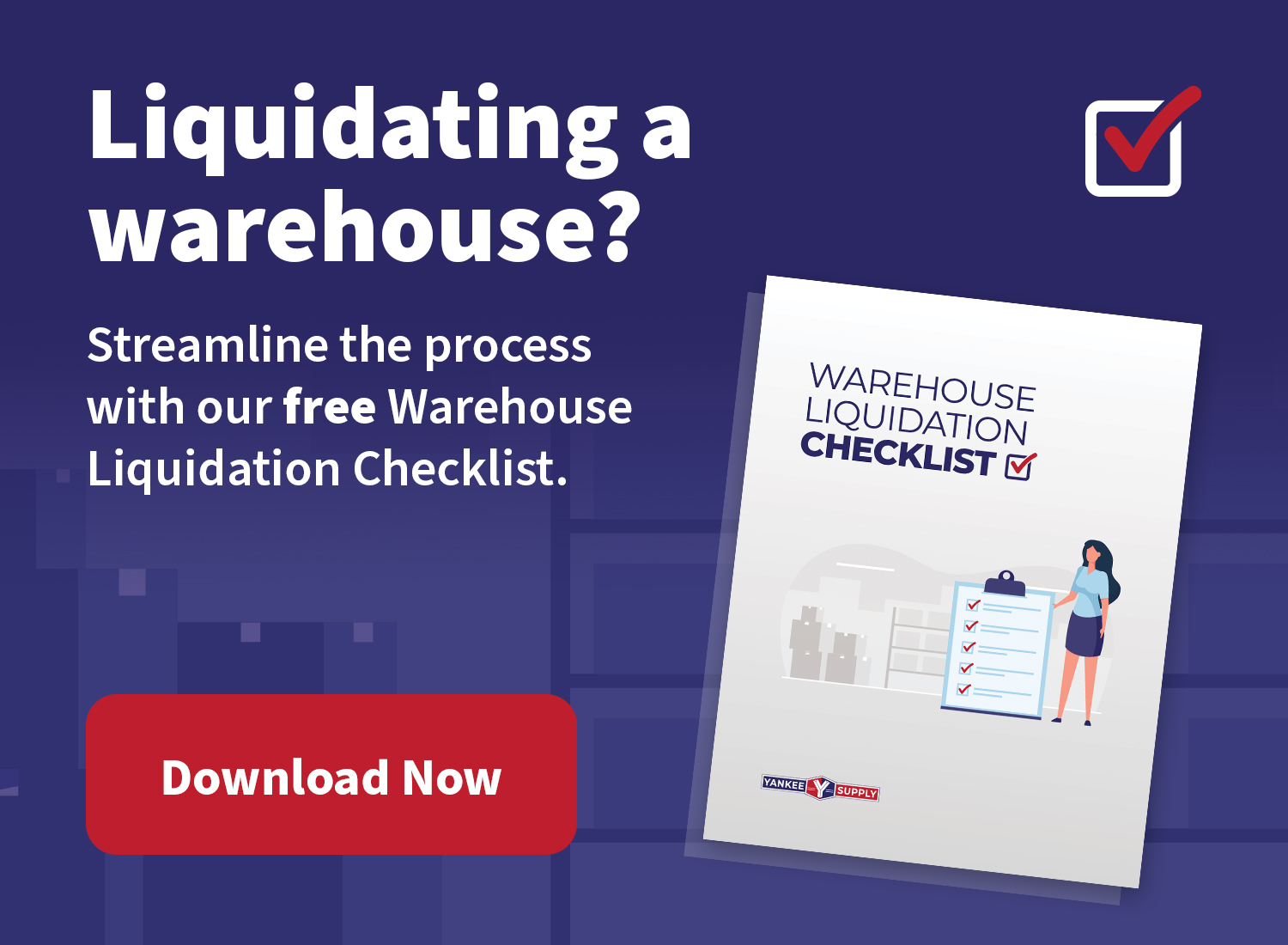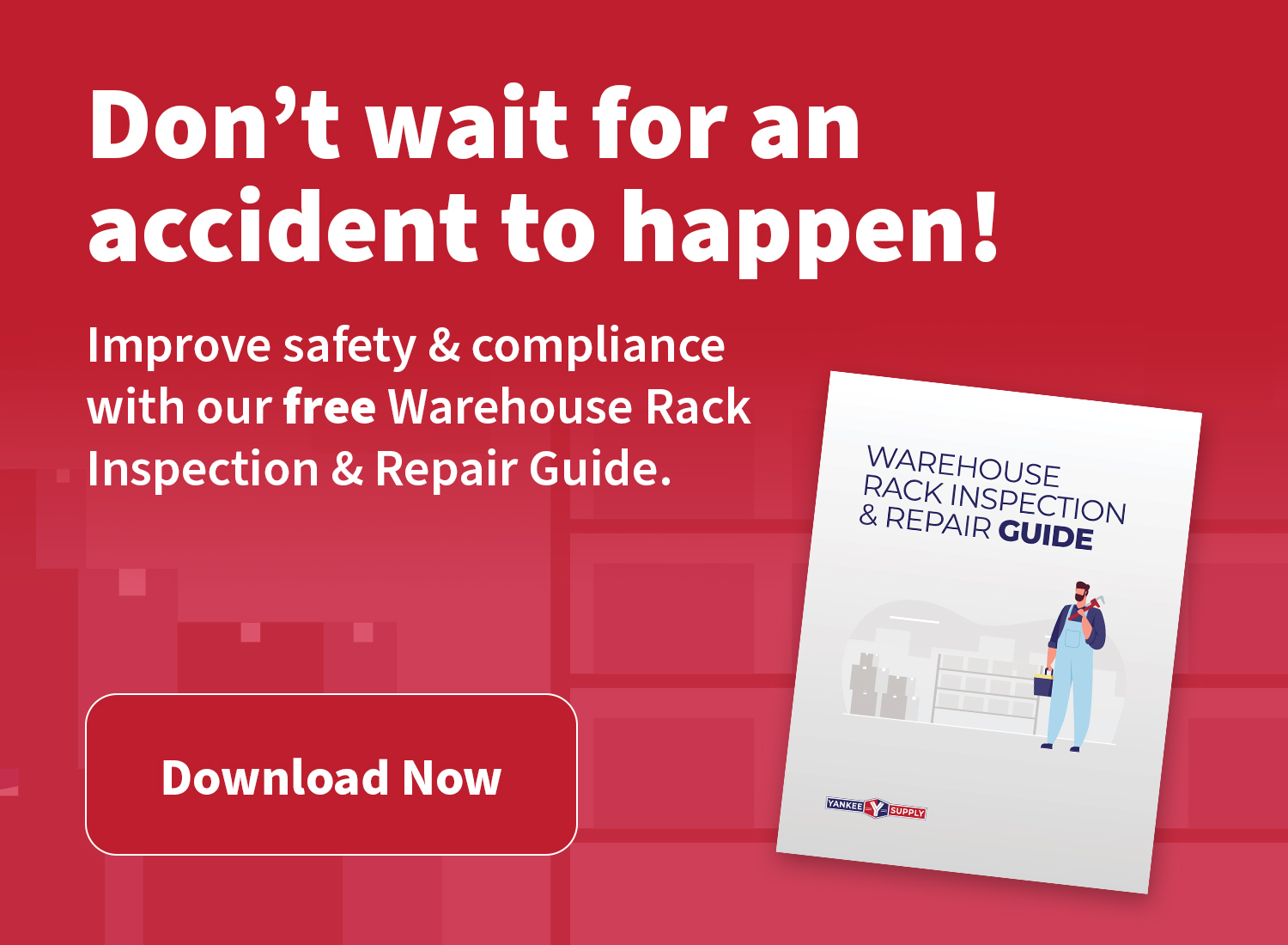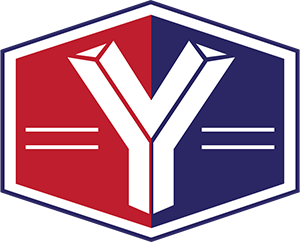Entering the position of a new facility manager can be an exciting yet demanding endeavor. This crucial role requires a diverse set of skills and comprehensive expertise to guarantee the smooth functioning, safety, and convenience of the facility. Provided below are 12 fundamental responsibilities that every new facility manager should become acquainted with.
1. Space Planning
Maximizing Space Utilization
Effective space planning is crucial. Facility managers must organize the physical space to maximize efficiency and comfort. This includes arranging workstations, meeting rooms, and communal areas to promote productivity and collaboration.
Adapting to Changes
Facility Managers must be flexible in adapting space layouts as needs evolve. This adaptability is crucial for accommodating growth, integrating new technologies, and adjusting to changing work styles.
2. Building Maintenance
Routine Maintenance
Facility managers should remember that regular maintenance is key to preventing larger issues. Create a schedule for routine checks and upkeep of HVAC, plumbing, electrical, and other critical infrastructure.
Preventive Measures
Implementing preventive maintenance strategies is a must for facility management. This involves inspecting equipment and systems to catch potential problems before they escalate, saving time and money in the long run.
3. Emergency Preparedness Supplies
Stockpile Essentials
As a facility manager, ensuring your facility is equipped with emergency preparedness supplies. This includes first aid kits, fire extinguishers, emergency lighting, and communication tools.
Emergency Plans
Develop and regularly update emergency plans. Conduct drills to ensure that all employees know what to do in case of a fire, natural disaster, or other emergencies.
4. Asset Management
Inventory Control
One of the responsibilities of Facility managers is to maintain an accurate inventory of all assets, including equipment, furniture, and technology. Knowing what you have helps you budget and plan for replacements or upgrades.
Lifecycle Management
Facility Managers should monitor the lifecycle of assets from acquisition to disposal. This practice ensures timely maintenance and replacement, maximizing the value and functionality of assets within the facility.
5. Vendor Management
Selecting Vendors
Choose vendors that offer the best value and service. This includes everything from cleaning services to security providers. Establish clear contracts to ensure quality and accountability.
Building Relationships
Develop strong relationships with vendors. As a facility manager, good communication with the vendors and collaboration can lead to better service and more favorable terms.
6. Budget Management
Financial Planning
Facility Managers are responsible for creating and managing a budget for their facility. This involves forecasting expenses for maintenance, utilities, and upgrades. Effective budget management is essential to avoid unexpected costs and maintain financial stability.
Cost Savings
Look for ways to save costs without compromising quality. This could involve energy-efficient upgrades, renegotiating vendor contracts, or implementing more efficient processes.
7. Compliance and Safety
Regulatory Compliance
Facility managers must also ensure that the facility complies with all relevant regulations and standards, including health and safety codes, environmental regulations, and building codes.
Workplace Safety
Promote a culture of safety within the facility. Review safety procedures regularly, conduct training sessions, and promptly address hazards.
8. Sustainability Initiatives
Energy Efficiency
Implement energy-efficient practices and technologies. This includes LED lighting, energy-efficient HVAC systems, and smart building controls.
Waste Reduction
Develop programs to reduce waste and recycle. Encourage employees to participate in sustainability initiatives.
9. Technology Integration
Facility Management Software
Facility management software can help facility managers streamline their operations. These tools can help schedule maintenance, track assets, and manage space.
IoT and Automation
Integrate IoT devices and automation systems. These technologies can provide real-time data, improve efficiency, and reduce costs.
10. Security Management
Physical Security
Ensure robust physical security measures. This includes surveillance cameras, access control systems, and security personnel.
Cybersecurity
Protect your facility’s data and digital systems from cyber threats. Implement strong cybersecurity practices and regularly update your systems.
11. Customer Service
Tenant Relations
If you manage a facility with tenants, maintaining good relationships is essential. Address their concerns promptly and ensure their spaces are well-maintained.
Employee Satisfaction
Foster a positive work environment for employees. Comfortable, well-maintained facilities contribute to higher job satisfaction and productivity.
12. Continuous Improvement
Regular Assessments
Continuously assess your facility’s operations. Identify areas for improvement and implement changes to enhance efficiency and effectiveness.
Professional Development for Facility Managers
Stay updated on industry trends and best practices. Attend workshops, obtain certifications, and network with other facilities managers to sharpen your skills.
Conclusion
Becoming a successful facilities manager requires diverse skills and knowledge across various areas. Mastering these 12 essential functions ensures your facility operates smoothly, safely, and efficiently. From space planning and building maintenance to emergency preparedness and technology integration, each function plays a critical role in the overall management of a facility.
Embracing continuous improvement and updating industry trends will help you adapt to changing demands and technologies. Effective facilities management enhances the functionality and safety of the building and contributes to the well-being and productivity of its occupants. By focusing on these key areas, you can build a strong foundation for your role and impress stakeholders and staff with your expertise and commitment.


